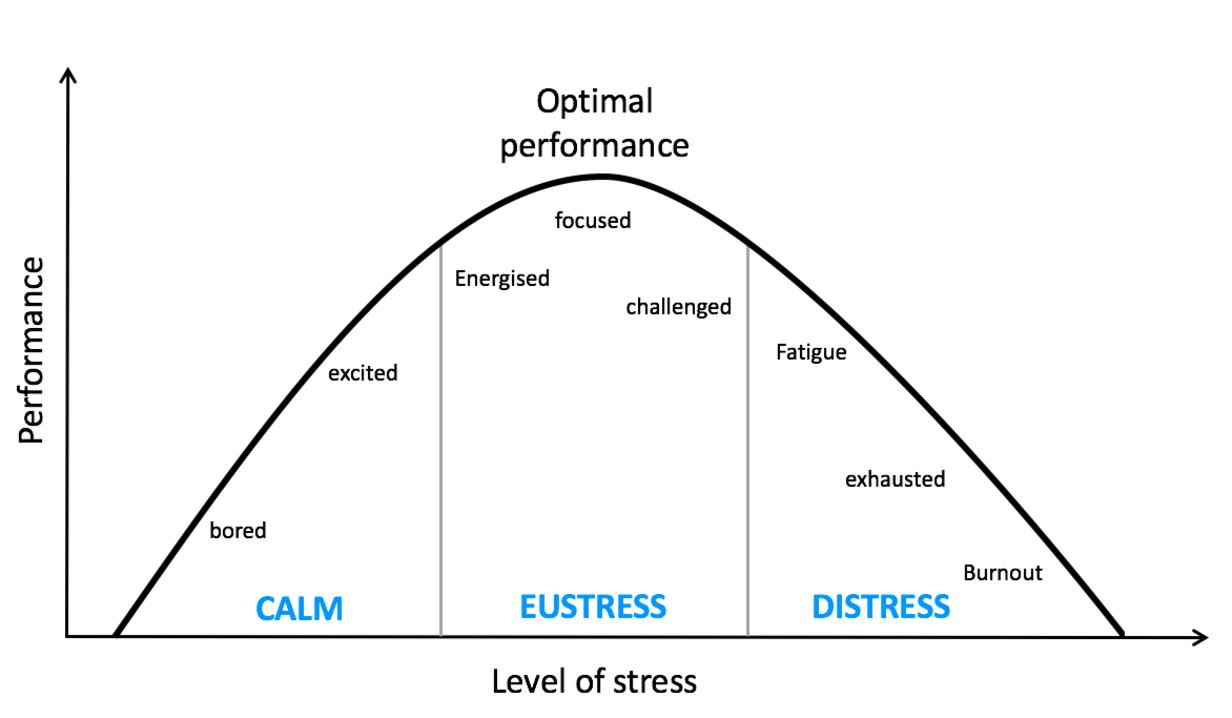happy problems
Accountability
I spent most of a very fun day outside in Boston. I typically do not go on my phone much when I am hanging out with other people, which removes distractions that I typically face most other days. I did manage to complete my habits checklist for the most part, which I am happy about.
Productive Thinking
In high school, STEM Olympiads, namely the USA Mathematics Olympiad (USAMO) and the USA Physics Olympiad (USAPhO), were a large part of my life–this is the case for many other Asian males who went to school in the Bay Area. These Olympiads do require knowledge of their respective fields, but their difficulty stems not from the depth of content required but rather their demand of strong problem solving skills. In fact, the largest online resource for these Olympiads is a website/company called “Art of Problem Solving.” This website was my homepage for many years, I’ve met some of my closest friends from its online community, and it ensured that problem solving became an integral part of my life.
I really do love the “art of problem solving.” Despite the fact that the process is often long and frustrating, there are few feelings better than the satisfaction of solving an extremely tough problem–the harder the problem, the greater the satisfaction. Even after the conclusion of my Olympiad career, I still feel this in my everyday life: excitement when a string of ideas finally comes together in an essay, or happiness when my code finally compiles after a long session of debugging. Solving tough problems is inherently satisfying; this exemplifies how, somewhat paradoxically, humans derive enjoyment from challenges.
There is a graph that my girlfriend shared with me that encapsulates this concept well:

My freshman year of college, I struggled with this graph a lot. My courses in college did not challenge me much, and I often found myself bored. I began looking for more and more items to add, hoping to achieve that perfect, Goldilocks, middle zone. However, my procrastination habit made it so that most days, I still remained bored while I began to have more days on the exhausted spectrum. I wasn’t spreading out the work into an even spread of focused/challenging days. Rather, I continued my procrastination habits on most days, and, on the days where I could no longer procrastinate, the work demanded of me would force me into the exhausted zone. The middle zone is where I know I am happy–the existence of this zone in itself, however, is intriguing.
eu·stress
/yo͞oˈstres/
noun
moderate or normal psychological stress interpreted as being beneficial for the experiencer.
Eustress is an interesting word–it implies that humans requires stress, a status normally thought of as negative, in order to be happy. This ties into the common adage, “money can’t buy happiness.” People who are born into wealth seem to deal with unhappiness just like other people, albeit for different reasons. People like having a purpose, like feeling that they’re working–sitting around doing absolutely nothing is often one of the hardest things for people to do. Those that pursue money in life and do attain it often switch to pursuing some other purpose–and those that do not switch often end up miserable. The fact is that, contrary to logic, challenges make people happy because it reminds them that they’re progressing towards some larger purpose.
The problems/challenges that people face vary greatly among individuals–one contrast I’ve already pointed out is between individuals with and without wealth. One particular group intrigues me: children are arguably the happiest group within society, yet, in America, they do not typically face any large challenges relative to adults.
However, children are dealing with new experiences on a daily basis–activities that we consider trivial are new and interesting problems to children. For example, consider a professional BMX biker. He/she derives enjoyment from the challenge of completing a complicated, acrobatic trick. Yet, as anyone can attest, one’s first attempt at simply staying upright on a bike is challenging–those first moments of slowly rolling down a street invokes a massive feeling of pride and happiness.
All of this is not to say that humans are illogical for wanting hardship in their life. On the contrary, the inherent desire to push one’s potential is what drives society. If NASA stopped at simply sending a monkey into space, we wouldn’t have made our mark on the moon (and Elon Musk might not be shooting random vehicles into outer space). If Albert Einstein was content with just learning classical physics, our understanding of the universe would still be fundamentally incorrect today. And if I didn’t pursue solving random math/physics problems, the foundation of my entire thought process would be completely different.
I’m quite grateful for my penchant for problem solving–it reminds me of a part that makes me inherently human, the part that molds me to continuing growing as the world around me does too.